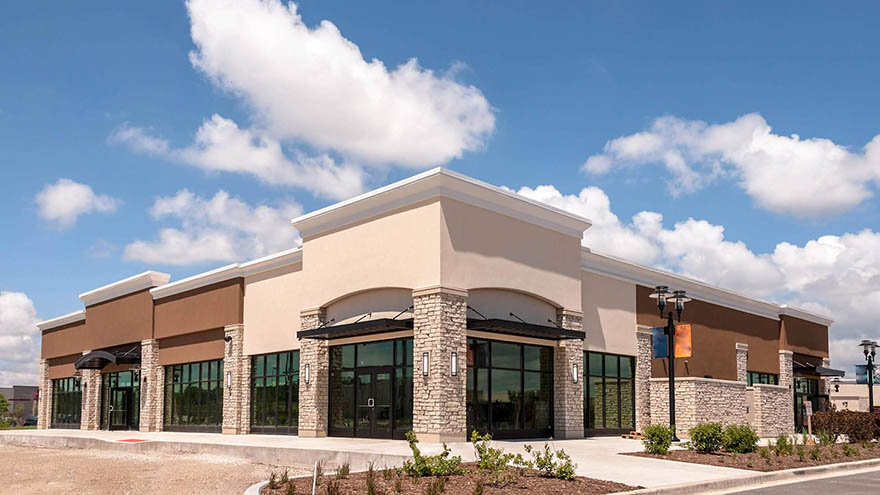One of the many benefits of owning real estate is a tax shelter called “depreciation”. Investors purchase real property for the stable income it can provide, building equity through principal pay down, appreciation, and taking advantage of the available tax benefits, including deductions and deferrals. Rental expenses, which include insurance, property taxes, and maintenance expenses, can all be deducted from your rental income. Depreciation is different from rental expenses because you don’t have to take the deduction in the same year in which you spent the money.
Depreciation is the process by which a real estate investor allocates the property’s cost over the duration of its useful life. Instead of taking a full deduction of the purchase price in the year in which you acquire the property, you can distribute the cost across the useful life of the property. This also includes improvements made to the property, and these can be depreciated along the same schedule. For residential property, depreciation is usually taken over 27.5 years on a straight-line basis, where each year’s deduction is relatively the same. Other property types have different schedules that can range from 15 to 40 years.
According to the IRS website, rental property must meet a number of requirements before the IRS will allow depreciation to be deducted:
- You must own the property.
- You must use the property in business or in an income-producing activity.
- The property must have a determinable useful life of more than one year.
You will be able to begin depreciating the property once it has been made available as a rental, and you can continue until either you have deducted your entire cost in the property or the property is no longer available for rental. This doesn’t include the downtime you may experience between tenants, and you can continue to claim the deduction while it is being made ready for the next renter.
Although you can gather a basic idea of your deduction by determining your basis in the property, we always recommend that you discuss your depreciation with a qualified accountant. To start, you need to look at the amount you paid for the property, which includes the mortgage and most of the closing costs. Some items that cannot be included are insurance premiums (some exceptions may apply), loan points, and appraisal fees. In addition, you must take out the cost of the land. This may be found in the appraisal or can be calculated from the real estate tax assessment. Any funds used for additions, improvements, or restoration of damage will add to your basis, so long as they have a useful life of more than one year, and your basis will decrease if you’ve received insurance payouts related to damage or theft or payments for granting an easement.
Once you have calculated your basis, you will need to determine which of the Modified Accelerated Cost Recovery Systems to use for your property. Most people will use the General Depreciation System, in which you are able to depreciate over a 27.5-year period, or 3.636% each year. If the first year your property is made available for rental happens to be a partial year, the IRS provides this schedule for your first year’s depreciation, which is dependent on when you started renting your property.
Depreciation is a valuable way to defer your tax obligation on income from rental property by extending your deductible costs over a longer period of time. The main drawback is that everything you’ve depreciated can become taxable through a depreciation recapture tax once the property is sold. This can be avoided through a 1031 exchange transaction, and your tax basis and depreciation schedule will follow you from property to property. If you get to the end of your depreciable basis, there are ways to use the 1031 exchange to increase your depreciation benefits.
We connect clients with the professionals they need to execute a 1031 exchange successfully. The representatives we trust specialize in facilitaing 1031 exchange transactions and are available to discuss details with you and your qualified tax professional.

